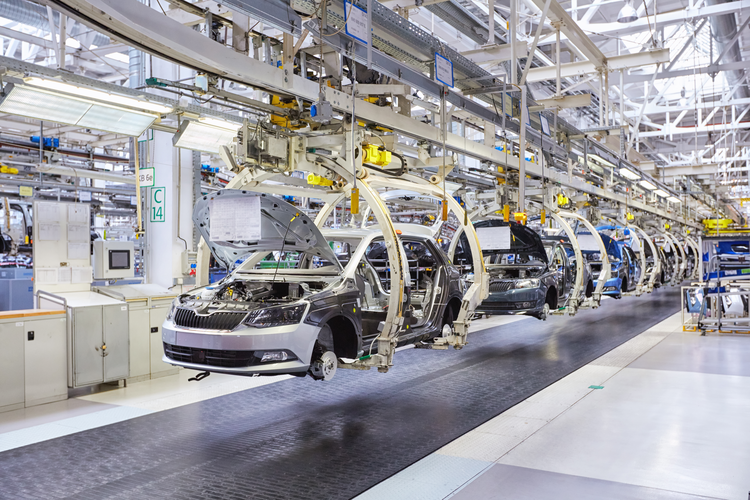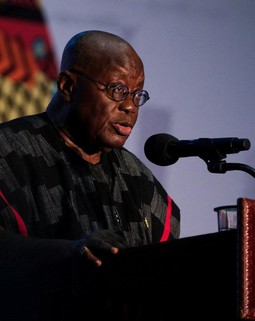Ghana's automotive industry, valued at $4.6 billion in 2021, is poised for remarkable growth, projected to reach $10.64 billion by 2027. This surge has prompted African nations, including Ghana, Kenya, Nigeria, and Rwanda, to position themselves as emerging automotive manufacturing hubs, diversifying the traditional landscape led by Morocco, South Africa, and Egypt.
Inaugural Summit and Association
The inaugural Ghana Automotive Summit 2023 marked a pivotal moment for the industry, bringing together key players at the forefront. The event also saw the inauguration of the Automobile Assemblers Association of Ghana (AAAG) under the theme "Creating a new economic backbone for Ghana and the Sub-Region" in Accra.
Notable members of AAAG include Volkswagen Ghana, Japan Motors, Rana Motors, Kantanka Automobile, Silverstar Ghana, and Stallion Group Toyota-Tsusho Company.
Government Initiatives
Mr. K.T Hammond, the Minister of Trade and Industry, outlined the government's commitment to fostering a robust automotive sector. Recognizing Africa's wealth of resources, diligent labor force, and burgeoning middle class, the Minister emphasized the need to move away from accepting aged and overused vehicles in the market.
To attract investments, the government introduced a Components and Parts Manufacturing Policy aimed at enhancing local content, producing spare parts for the after-market, and supplying components to vehicle assemblers.
Financial Incentives and Policies
A key aspect of the government's strategy is the development of a vehicle financing scheme, providing asset-based financing to overcome weak financing constraints and promote widespread vehicle ownership.
Additionally, the Ghana Standards Authority, with collaboration from industry stakeholders, finalized Compulsory Vehicle Standards and other regulations to ensure quality assurance and strengthen the country's assembly base.
Industry Growth and Projections
Jeffrey Oppong Peprah, AAAG President, highlighted the industry's progress, with local production reaching 4,700 vehicles in 2022, constituting 9.7% of the country's new car market.
The AAAG envisions further growth, targeting a 60% share of the market by 2027. The establishment of the Ghana Automotive Industry Development Center earlier in the year is viewed as a crucial milestone in advancing the industry.
Pending Provisions and Future Outlook
Despite strides, Peprah emphasized the importance of implementing outstanding provisions, including banning the sale of used vehicles older than 10 years, discontinuing salvaged vehicle sales, and aligning the 35% duty on imported vehicles with locally assembled counterparts.
The call to action extends to the Ministries of Finance and Trade and Industry to expedite these provisions, ensuring the sustainable growth of Ghana's burgeoning automotive sector.
Conclusion
The Ghana Automotive Industry stands at the cusp of transformation, with strategic government initiatives, collaborative industry efforts, and a forward-looking vision poised to drive economic growth, foster regional trade, and position Ghana as a significant player in the global automotive landscape.





